Other Technical Areas
Green Skills
The energy transition is accelerating, demanding a holistic understanding of the key components needed to build a durable and resilient energy economy. A skilled workforce is essential to achieving the ambitious targets that countries set in their development plans. As economies shift from a predominantly carbon-based to green and energy efficient economy, specialised training and qualifications become increasingly critical. This requires the introduction of a diverse set of targeted educational programmes across academic levels and technical applications – spanning everything from university degrees to hands-on training in manufacturing and installation.
The development sector has recognised this need and focused efforts to implement targeted projects that often combine education & curricula development with construction of schools and private sector training facilities.These TVET (technical and vocational education & training) projects deal with complex institutional setups and use in depth labor market assessments to develop the most suitable teaching offer. Gender considerations are very closely linked to this field as the green economy offers a significant opportunity to improve women’s participation in the energy sector, historically dominated by men in fossil fuel industries.
NIRAS is specialised in all three areas of education & skills, energy and gender. We apply an interdisciplinary approach in most of our projects and welcome the integrated nature of this challenge.
Key Assignments
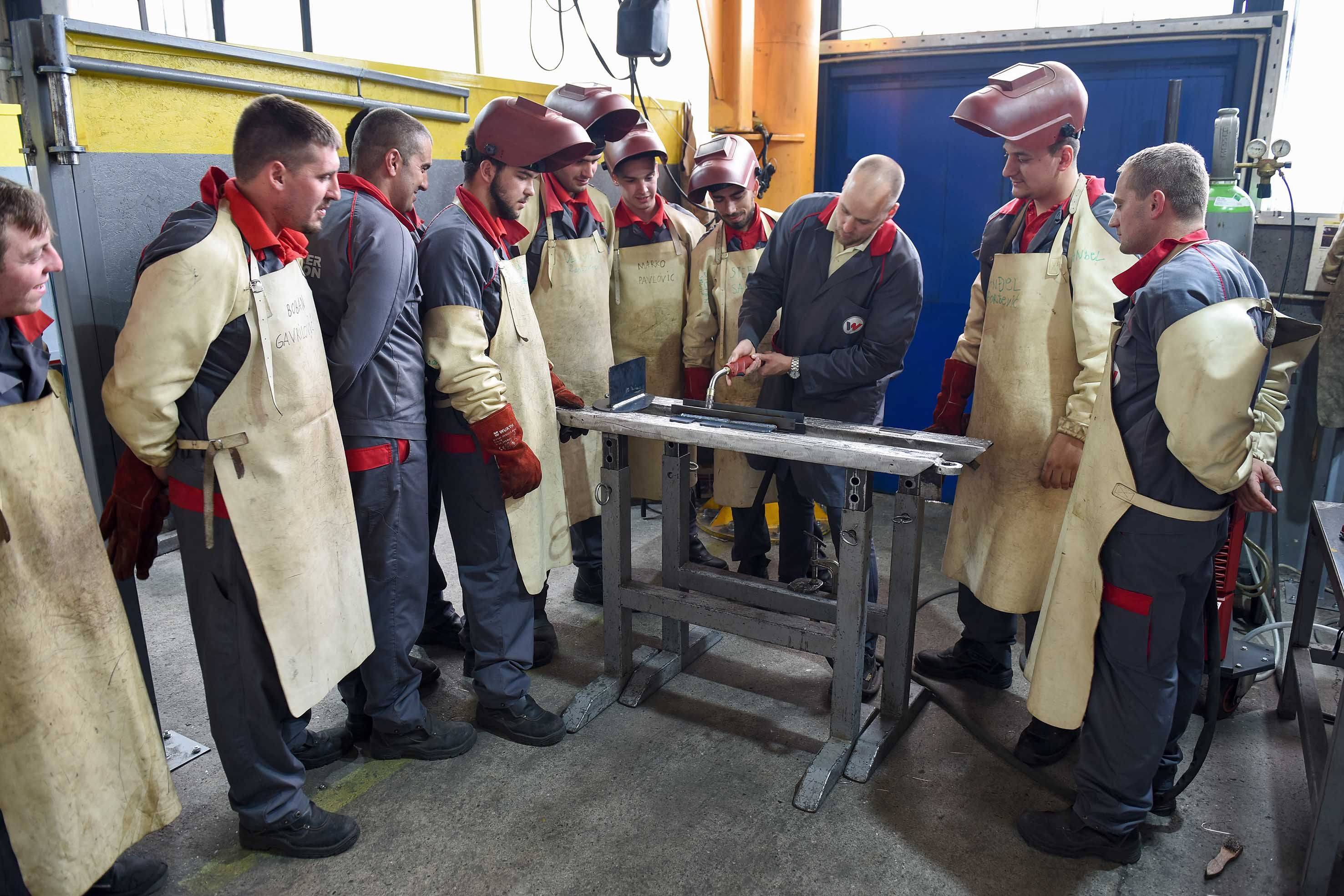
Education to Employment in Serbia (3 Phases)
LOCATION
Serbia
DONOR
SDC
FUND VALUE
Budget I+II: €12,689,888 + Budget III: €7.272.157
DURATION
1/2016 - 4/2028
The Education to Employment (E2E) project in Serbia, led by NIRAS and funded by the Swiss Agency for Development and Cooperation (SDC) and the Government of Serbia, is transforming career guidance through innovative, user-centered digital services. The project has established 11 Job Info Centres across Serbia, serving as interactive career hubs that help young people make informed career decisions. These centers utilize modern, accessible, and data-driven services to empower individuals in their career paths. The E2E initiative is recognized for introducing new tools and digital technologies, fostering a modern and inclusive career support system. The project's focus on innovation and digital tools suggests a strong alignment with sustainable and future-oriented skill development and is coupled with the urgency of the issue in Serbia. Among the many outstanding achievements is the development of 11 occupational job profiles in green skills.
Achievements
- 2,315 young people trained
- 250 companies supported to drive economic growth
- 71% of trainees employed
- 37,577 career guidance recipients
- 6,398 hard-to-place youth receiving guidance
Education to Employment in Serbia (3 Phases)

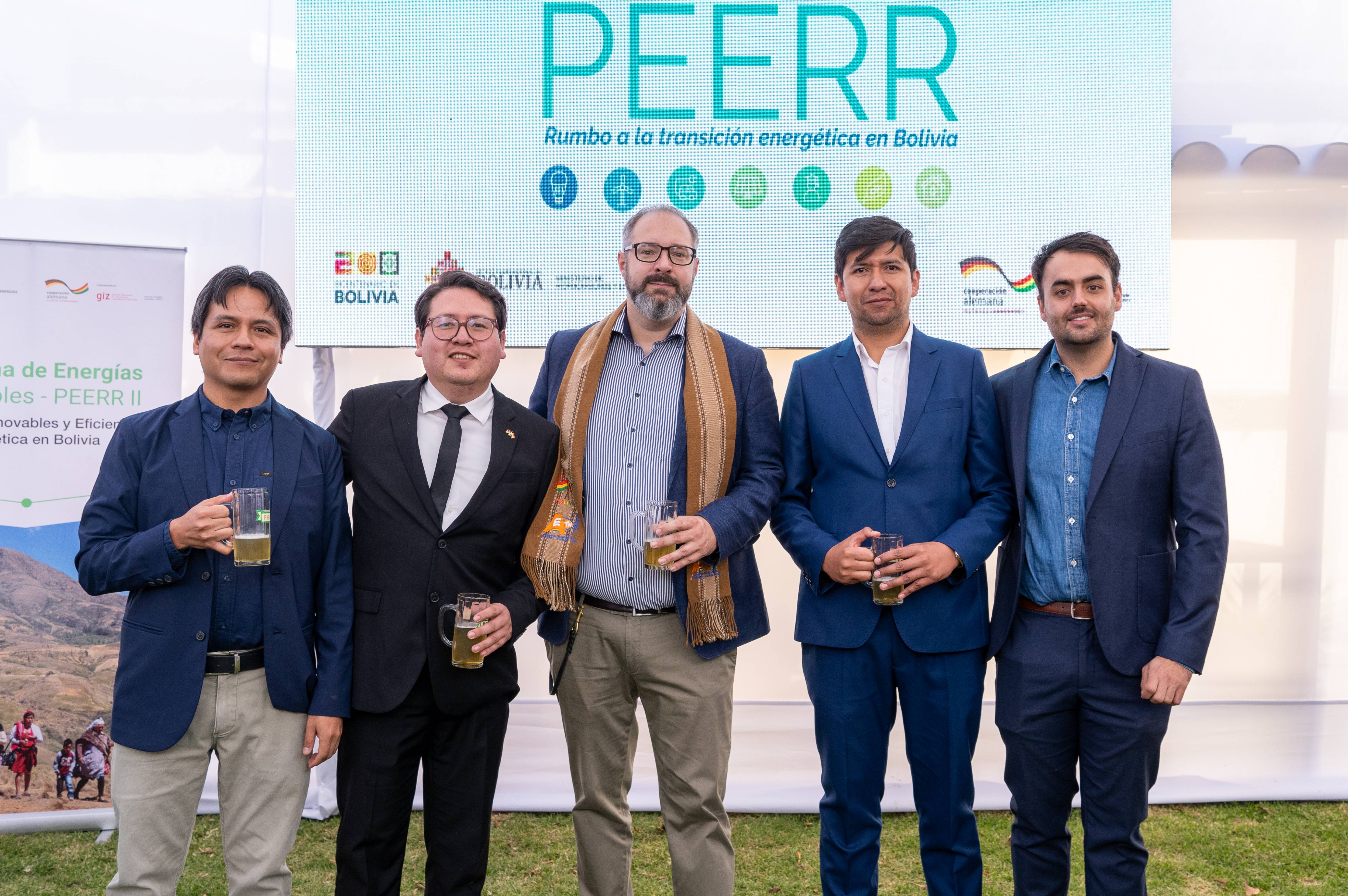
Renewable Energies Programme in Bolivia (Phases I + II)
LOCATION
Bolivia
DONOR
GIZ
FUND VALUE
€2,760,532
DURATION
7/2024 - 6/2027
The PEERR programme aimed to create an enabling environment for grid-connected RE technologies and increased EE in Bolivia. It focused on planning and legal frameworks, project development, creating an enabling environment for EE measures, and training and education. NIRAS supported technical schools and universities in establishing and further developing their curricula in the area of EE and RE.
The advisory services are based on the design of practice-oriented educational courses on wind and solar systems to lecturers on EE or RE; an international training course for Energy Manager (EUREM) adapted to the Bolivian context; a postgraduate course on RE; and the design of PV projects for research and educational purposes at 5 universities and/or technical schools.
Achievements
- Creation of a site-adapted project design of PV projects for research and educational purposes
- Development of virtual/ digital training offers for lecturers and sector specialists in RE/ EE
- Advice & participation of/in the Gender/ Energy Group (GENRE GIZ) in implementation of training courses & workshops
- Development of a postgraduate course (curriculum) on the subject of EE in buildings
Renewable Energies Programme in Bolivia (Phases I + II)

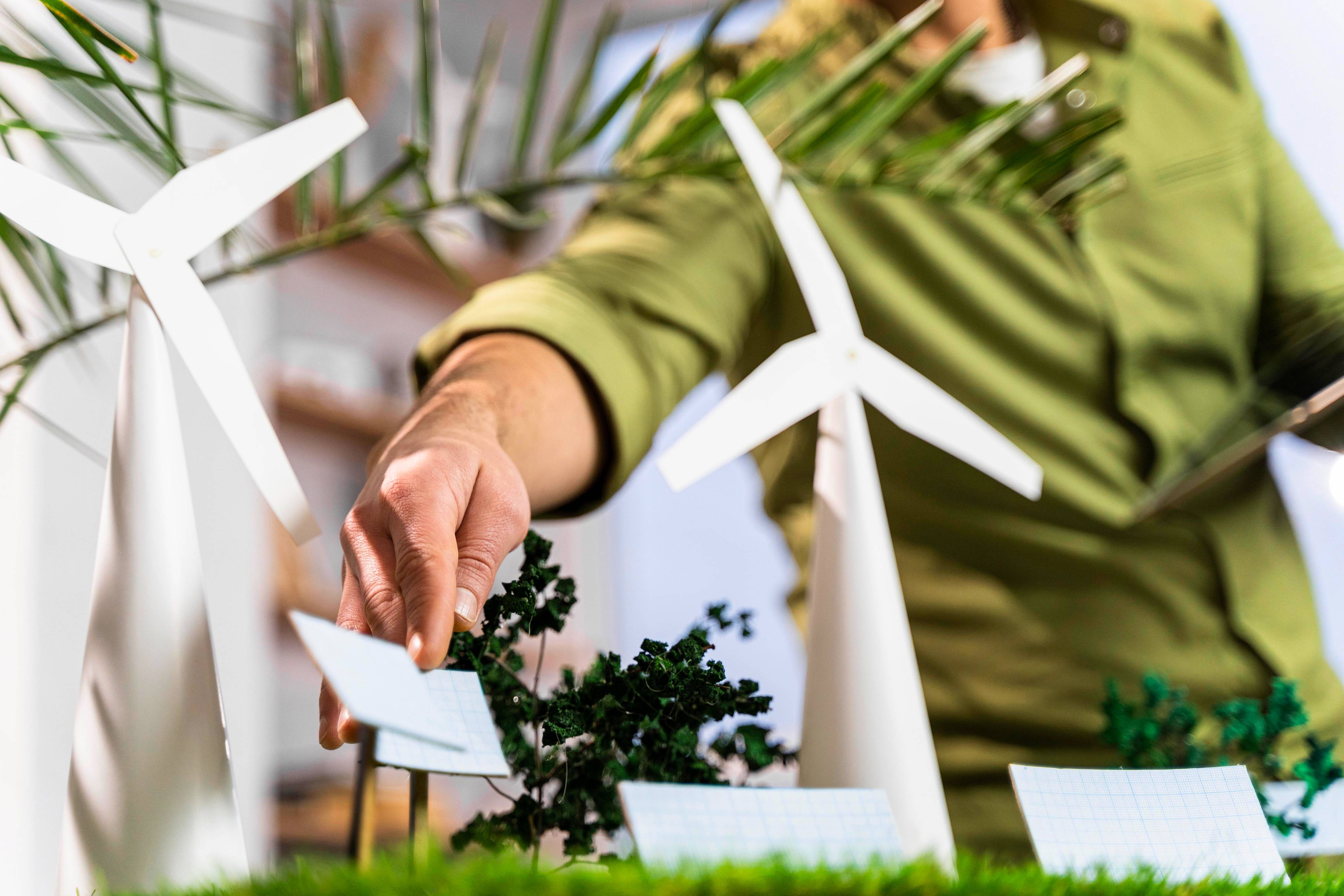
Feasibility Study: Establishment of Three Excellence Hubs in the Field of Renewable Energy
LOCATION
Pakistan – provinces Punjab and Khyber Pakhtunkhwa (KP)
DONOR
KfW
FUND VALUE
€257,104
DURATION
11/2020 - 11/2021
The Feasibility Services NIRAS delivered included analyses, planning of hubs, and implementation of project planning.
The objective of the Excellence Hubs intervention was to provide of training facilities that would enable trainees to acquire the relevant practice-oriented and hands-on skills and experiences necessary to enter the RE job market in Pakistan. In total, three RE Hubs were to be financed in three different localities, each linked to a well-functioning TVET school, most probably already active in the field of electrical or mechanical to allow easy connection to the RE Hubs. An assessment of potential TVET schools to which the RE Hubs could be annexed was undertaken, potential regions were identified, namely, Lahore, Peshawar and the wider Islamabad region.
Achievements
- Analyses: TVET, labour market and RE sector situation assessment, key RE industry actors analysis, stakeholder and target group analysis, RE market demand analysis;
- Planning of Hubs: Selection of concrete locations, RE Hubs’ institutional set-up; facilities, equipment & teaching material, national vocational qualifications for RE Hubs, RPL; integration of “e- learning”;
- Implementation Project Planning: Impact, impact hypothesis and log-frame, design of institutional set-up of RE Hubs, time schedule, and cost & financing plan.
Feasibility Study: Establishment of Three Excellence Hubs in the Field of Renewable Energy

Energy Efficiency in Mobility
Closely linked to the energy sector and growing in importance is the topic of mobility. Looking at the energy consumption globally, the transport sector takes up a huge share. In 2022, transport activities accounted for 31 % of final energy consumption in the EU. In a move to cut back this number the combustion engine will lose its dominant position in favor of electric vehicles, e-fuels and other clean alternatives. Many governments and international institutions have set significant goals – such as the 2035 phaseout of CO2-emitting cars by EU – to reach an emission reduction in this sector.
The wider answer to this challenge is to think mobility in its various forms and generate innovative solutions. Rapid urbanization poses stress to agglomeration areas and its infrastructure. The goal is to enable societies and economies to cater for an environment in which choices can be made towards more efficient and cleaner modes of transport.
In order to facilitate the worldwide technology exchange and accelerate the development towards a cleaner transport sector it is important to anchor adequate policies within national legislation and support businesses to roll out this shift with concrete adoption of mobility solutions. These solutions go far beyond the transport sector and e.g. comprise smart home systems that use intelligent charging cycles to optimize the use of electricity. The ability to communicate with a smart power grid and cover power demands where needed whilst storing overproduced electricity in low demand times is another important step closer to EE optimization.
In all these facets of EE in mobility NIRAS sees ample opportunity to lend its expertise and exchange productive ideas.
Key Assignments
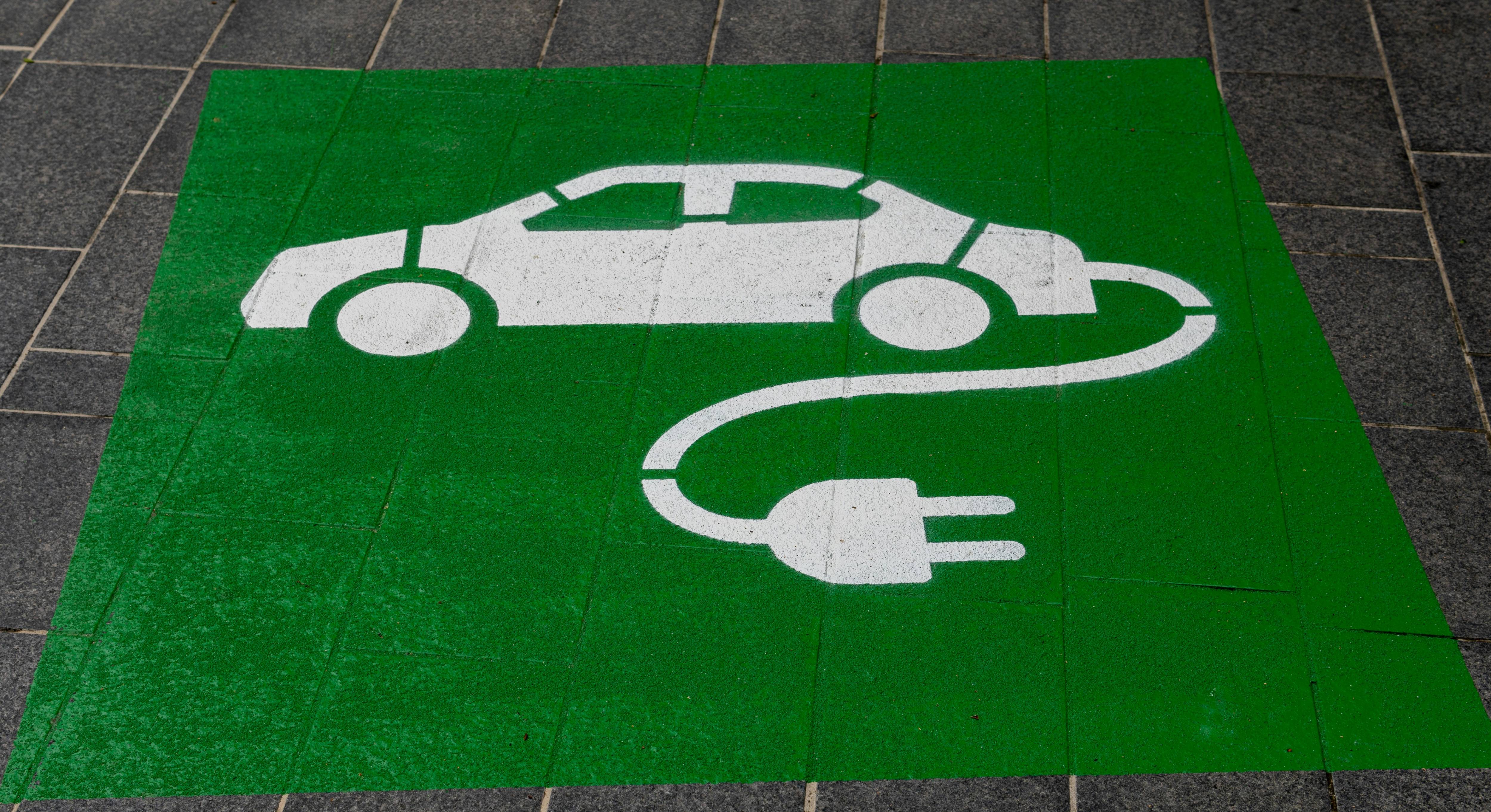
Sector Coupling and Green Economy in Brazil
LOCATION
Brazil
DONOR
GIZ
FUND VALUE
€804,076
DURATION
11/2024 - 6/2026
The assignment is part of GIZ’s broader “Sector Coupling and Green Economy (AcoplaRE)” project in Brazil, which comprises three components: Mobility (Component 1), Industry (Component 2), and Research (Component 3). Led by NIRAS in partnership with FUNDEP, this consultancy is directly linked to Component 1 and aims to support the decarbonisation of public transport in five selected Brazilian cities.
The project facilitates the adoption of electric buses in public transport by supporting 5 Brazilian cities through four structured work packages: (1) the development of an activity planning and methodological report; (2) technical assistance tailored to each city’s needs; (3) scaling up successful solutions; and (4) implementation of 20 digitally supported measures to promote sustainable mobility. These will enable the cities to effectively implement electric bus routes with funds from the Brazilian national government.
NIRAS plays a central role in coordinating implementation, ensuring quality, and delivering results by leveraging its international expertise in energy transition and sustainable urban mobility. To achieve these, the assignment focuses on capacity building, inclusive stakeholder engagement, and just transition strategies, aiming to generate replicable models, foster Communities of Practice, and influence national policy frameworks for a more sustainable and equitable urban mobility system in Brazil.
Achievements
- Five major Brazilian cities (Porto Alegre, Vitoria, Salvador, Teresina and Rio Branco) are ready to implement electric bus lines in their public transport.
- Tailored technical, legal and financial viability studies, environmental impact assessment, and digital applications are in place for each city.
Sector Coupling and Green Economy in Brazil


Renewable Energies Programme in Bolivia (Phases I + II)
LOCATION
Bolivia
DONOR
Deutsche Gesellschaft für Internationale Zusammenarbeit (GIZ) GmbH
FUND VALUE
€2,760,532
DURATION
7/2017 - 6/2024
In Phase 2 of the comprehensive PEERR project the dimension of electromobility was added. Output 5 worked on the improvement of the foundations for introducing electric mobility in local public transport.
Together with Swisscontact, NIRAS supported the Bolivian Government in introducing electric mobility in local public transport. To achieve the development of their electric mobility strategy, a study tour to Chile was organised and four training courses were developed and conducted. The training courses aimed at strengthening local competences in the field of electromobility. This included the expansion of technical and institutional skills, the training of technical staff specialised in the installation and maintenance of electric mobility infrastructures, as well as the promotion of environmental awareness and understanding of the relevant regulatory frameworks.
Achievements
- Electromobility strategy developed
- Study tour to Chile
- 110 people were trained in four courses on electromobility
Renewable Energies Programme in Bolivia (Phases I + II)

Energy & Gender
NIRAS has a strong focus on promoting gender equality within the energy sector, aligning with the Sustainable Development Goal 5. The global challenge of gender equality in the energy sector is a complex issue that requires a multi-faceted approach. Women are often underrepresented in this sector, which can limit the diversity and talent pool available. Addressing this underrepresentation is essential for creating a more gender-inclusive workforce. Furthermore, promoting gender equality in energy access has wide-ranging benefits. It not only improves women's livelihoods, safety, and well-being, but also enables their participation in clean energy businesses and challenges gender norms. Women's involvement in the energy sector can lead to increased gender equality and better last-mile distribution of clean energy solutions. Training opportunities for women in solar energy can be particularly successful in challenging social norms, increasing equality, decreasing poverty, promoting sustainable energy, and mitigating climate change.
NIRAS has been actively working to address these challenges through a variety of initiatives. For instance, NIRAS has been delivering training in EE, designing funding mechanisms for energy, and promoting the productive use of energy in decentralized areas, always with a gender perspective. One example of this is the GIZ-funded Renewable Energy Programme (PEERR), where NIRAS provided advice to the GIZ Gender-Energy Community in Bolivia on engendering training courses and workshops.
Additionally, NIRAS managed a 9-million EUR regional project “EEP Mekong II” in Cambodia, Laos, Myanmar, Thailand, and Vietnam, which focused on improving access to sustainable energy while mitigating global climate change, and included mainstreaming human rights-based approach, gender, and climate sustainability in community-based projects. In the broader consultancy sector, there is a growing recognition of the importance of gender equality in the energy sector. Consultancies are increasingly providing services to support gender mainstreaming in energy projects, from conducting gender analyses and developing gender action plans, to providing capacity-building and training to enhance gender equality in the energy sector. They are also working with a range of stakeholders, including governments, NGOs, and private companies, to promote gender equality in the energy sector. This work is contributing to the sector's growth and development, and is helping to challenge and change gender norms.
Key Assignments
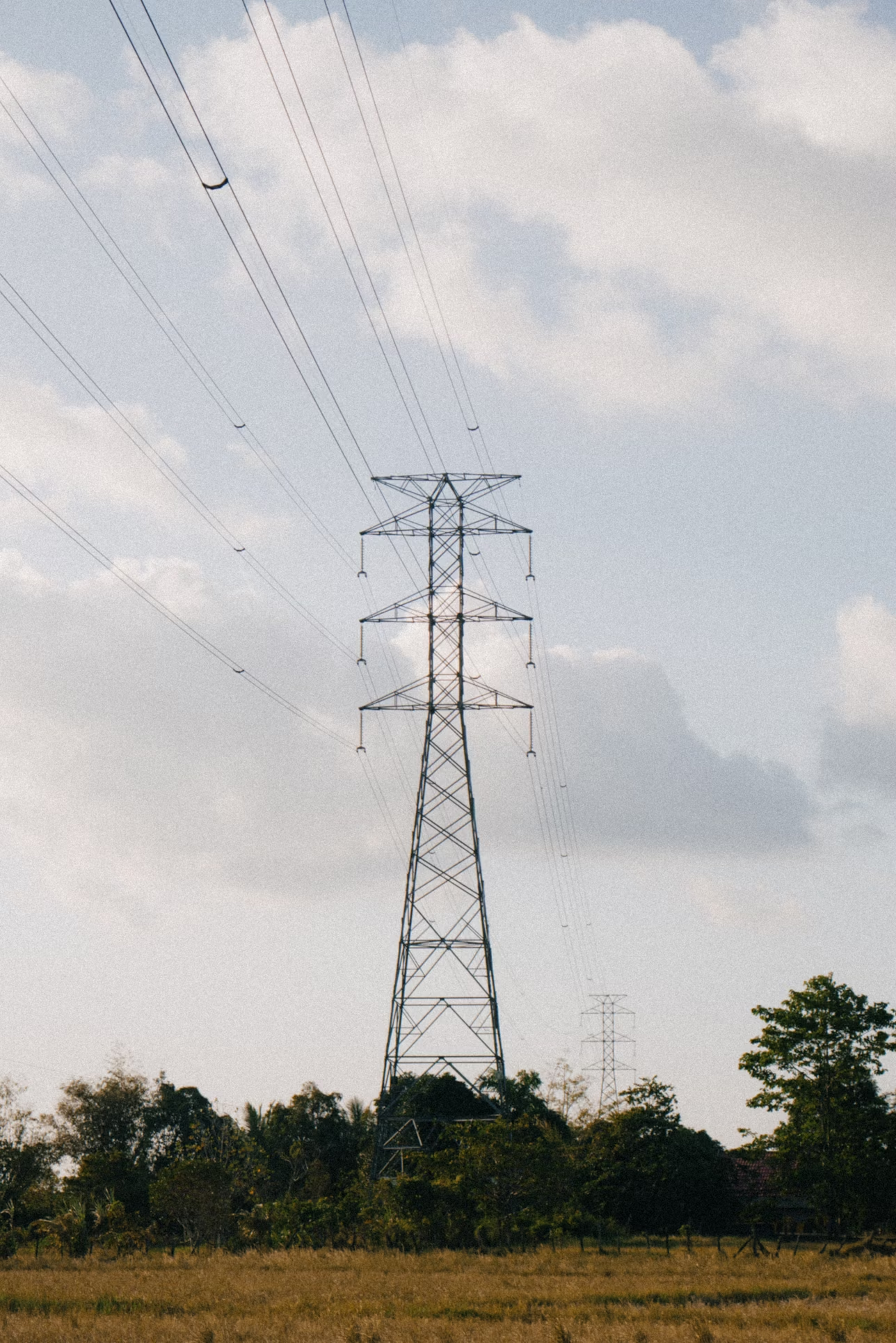
Supporting Sustainable & Efficient Energy Policies and Investments in Indonesia
LOCATION
Multi
DONOR
RVO
FUND VALUE
€3,178,771
DURATION
4/2022 - 4/2026
SSEEPI is a climate mitigation project, supporting DAMRI (state-owned bus company) in replacing their fleet with cleaner, quieter, and more efficient buses.
The mainstreaming of GESI into the design, implementation, and monitoring of ADB-financed operations is considered critical to ensuring an equitably share in the benefits from ADB projects. Transport including road transport is a male dominated sector. The project aims to provide gender-inclusive facilities.
Gender activities include the provision of gender-inclusive design features in the electric buses’ procurement to improve access and security of women and vulnerable groups. To promote gender equality at the company level, DAMRI committed to ensure that at least 30% of drivers for e-bus routes of DAMRI will be female. Numerous staff trainings on gender, social inclusion, anti-sexual harassment, and other relevant trainings have been conducted.
A baseline and end-line customer satisfaction survey among passengers was carried out, a policy on non- discrimination in hiring and working conditions developed to raise awareness and prevent sexual harassment, violence, bullying, theft against women.
Achievements
- Gender Action Plan (GAP) development
- Initial Poverty and Social Analysis (IPSA);
- Poverty, Social and Gender Analysis (PSGA);
- Summary Poverty Reduction and Social Strategy (SPRSS);
- Involuntary Resettlement/Indigenous People Assessment;
- Drafting of a Corporate Gender Policy for DAMRI
- Gender inputs for project concept note; Gender inputs for Project Administration Manual (PAM);
- Gender inputs for Report and Recommendation of the President (RRP);
- Gender inputs for Rapid Environment Assessment (REA);
- Due Diligence resettlement
- Gender inputs to the Environmental Due Diligence Report (E-DDR)
- Gender Action Plan (GAP) development.
Supporting Sustainable & Efficient Energy Policies and Investments in Indonesia

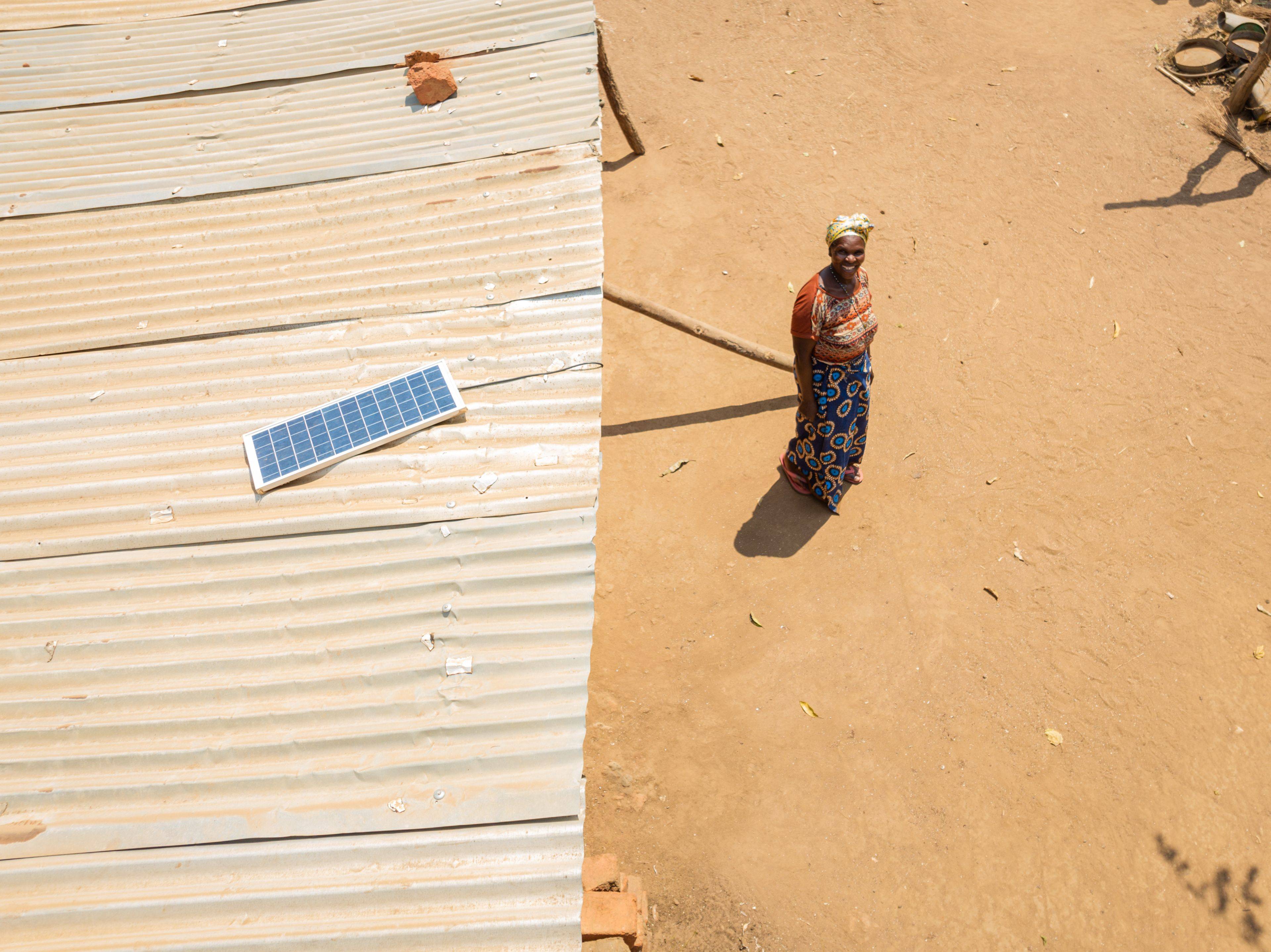
Energy Enterprise Coach
LOCATION
Multi
DONOR
RVO
FUND VALUE
€3,178,771
DURATION
4/2022 - 4/2026
The NIRAS-implemented EEC programme has a special focus on supporting women entrepreneurs. Gender considerations are integrated into all aspects of the programme design from SME outreach and promotion to delivery of BDS services that take into account challenges and bottlenecks faced by women entrepreneurs.
As part of this, EEC has undertaken the following types of activities:
- Actively promoted its opportunity to female entrepreneurs clearly indicating in our call for proposals that we will welcome interest from women- and minority-owned SMEs.
- EEC’s application toolkits were designed keeping in mind that gender specific considerations are embedded into application and decision making processes.
- For the cohort training programmes, SMEs were constantly encouraged to ensure representation by women in senior management positions in the trainings;
- To the extent possible, EEC matched women owned SMEs with female mentors as this offers many benefits such as safe and supportive space, tailored advice, understanding common challenges and building a supportive network
Achievements
EEC has a target of at least 25% inclusion of women within each of our support trajectories. As of Dec 2024, EEC received strong participation by women/women entrepreneurs across all its support services:
- E-Learning: 26% (29 out of 111 active e-leaners)
- Cohort training: 30% (262 out of 850 people trained)
- Mentorship: 9% only female owned and 27% either female or jointly owned (five women and 10 jointly owned enterprises out of 55 enterprises under EEC mentorship trajectory).
Energy Enterprise Coach


